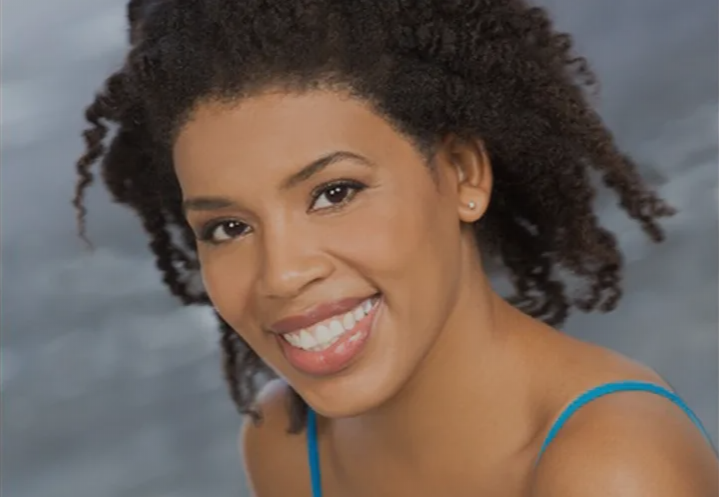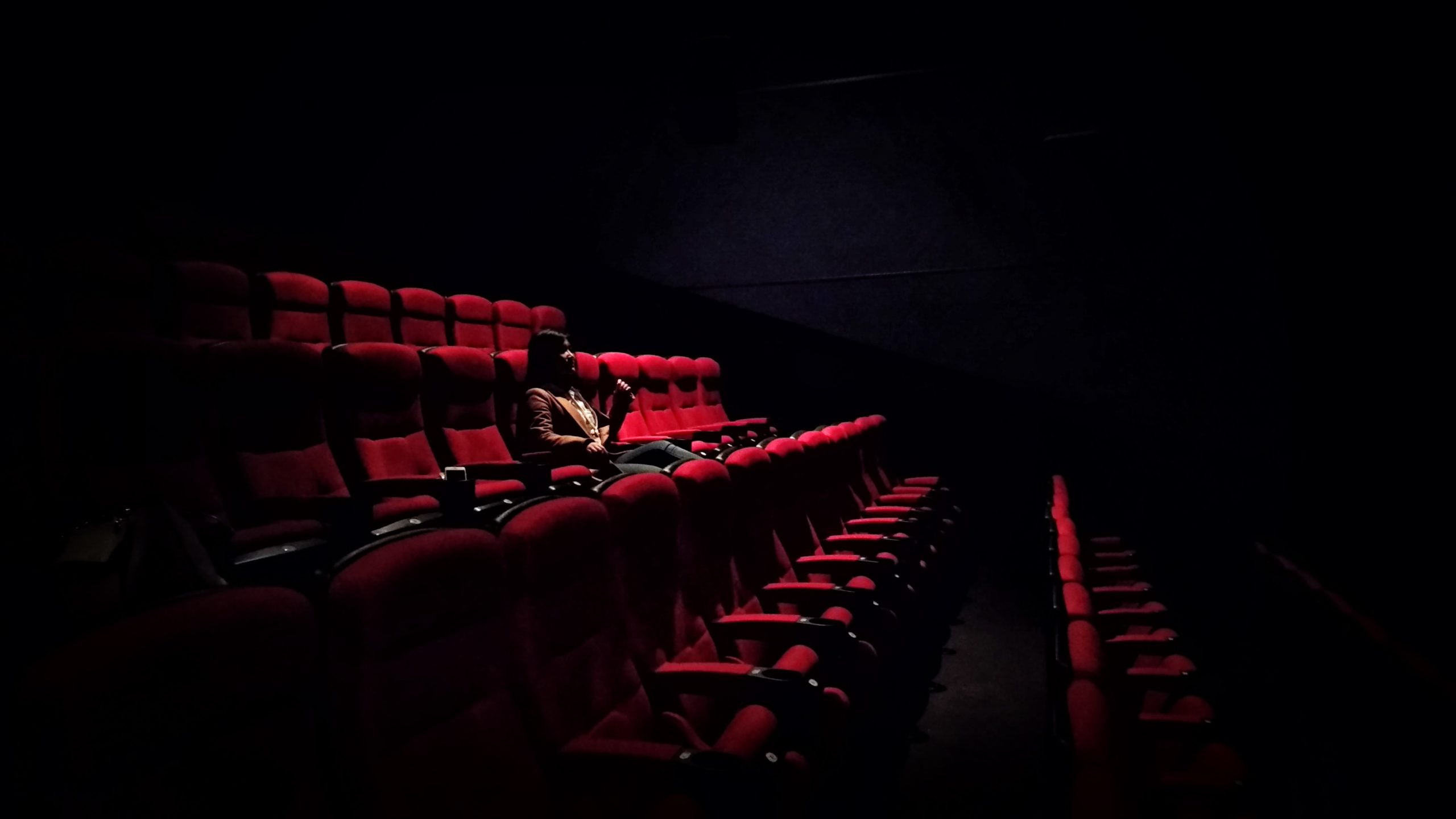
Critic Spotlight: July 2020
Chicago critic, improv performer and teacher at Second City
Outlets: Freelance; her work has appeared in Chicagoland Musical Theatre, Chicago Reader, Chicago Sun-Times, Rescripted, New City and Windy City Times.
What drew you to criticism?
When the Hedy Weiss story happened with Pass Over, the Chicago Theater Accountability Coalition called for new critics to review the play Little Fish. About 20 people interested in being critics came out. Around that same time, I had written my first musical (Choice: The Musical, a show about abortion), and Chicagoland Musical theater came and reviewed it. When they saw I had published a review of Little Fish, they said, “Hey, would you be interested in writing for us?”
How does your improv career inform your criticism?
I can see things from both sides. I know what it feels like to be on the stage and try your best, putting it all out there for someone else to criticize. I hope most critics have had the experience of being onstage with something they’ve created at least once, because there is a certain level of vulnerability to it. Without that, it would be hard to really honor what the actors are doing. I also have a degree in fashion design and used to do costumes, giving me an appreciation for the hard work, little pay, and all the nuts and bolts of what goes on behind the scenes.
What do you see as the role of the critic in theater today?
I think it has to change and adapt. There’s a pandemic going on and a major social justice movement affecting our role, which I think right now is documenting how theaters are changing and what things are people trying. We need less of a critical eye. It’s not important to say things like, “The Zoom didn’t work on that one” when these theaters are trying this out of desperation to save their season, and are worried about the whole future of this art form.
Assuming the art form does survive it, what do you think those theaters that make it through will or should take from all of this?
Obviously an appreciation for life, but really the need to save for a rainy day. Theaters are always scrappy and hand-to-mouth, but now we know pandemics can happen—a new thing in our reality—and theaters have to ask themselves if they can survive for more than a month or two without income.
Could you talk a bit about the crap that is going on at iO and Second City?
Most theaters are run with cliques of good friends who came up through the industry together; they think like each other and have a vested interest in being there for each other and having each other’s back. That can be a good thing, but it’s a bad thing when there is something really serious that needs to be changed. It’s hard to survive with a closed system when you have things like racism, sexual abuse, sexism, homophobia, all of these issues that require handling with sensitivity, which theaters are now grappling with. It’s a sad situation, but it’s also a hopeful one because now we have this moment of transformation when we can break open the system and take care of what needs to be taken care of and move forward into positivity.
What do you look forward to the most when you see a show?
I like the element of surprise. Unless it is a show I have no background in, like something about Russian history where I’m totally out of my depth, I’m not going to go out of my way to do a lot of research before I see it. I really want to experience like any other audience member and feel like the story is just unfolding around me. I love it when my editor sends me an assignment that might not be something I would pick on my own, left to my own devices, and being so pleasantly surprised almost every time.
Do you have a favorite show, one you’d always try to see a new production of?
One of the ones I have always loved is (and this is probably a cliché) is West Side Story. It’s a problematic show, but I love it so much. I love the music and I especially love the choreography, which is just amazing and really beautiful.
One piece of which you are particularly proud:
Reviewing While Black at Sundance— interviewed by Karen Topham, member, ATCA Diversity & Inclusion Committee





Sorry, the comment form is closed at this time.